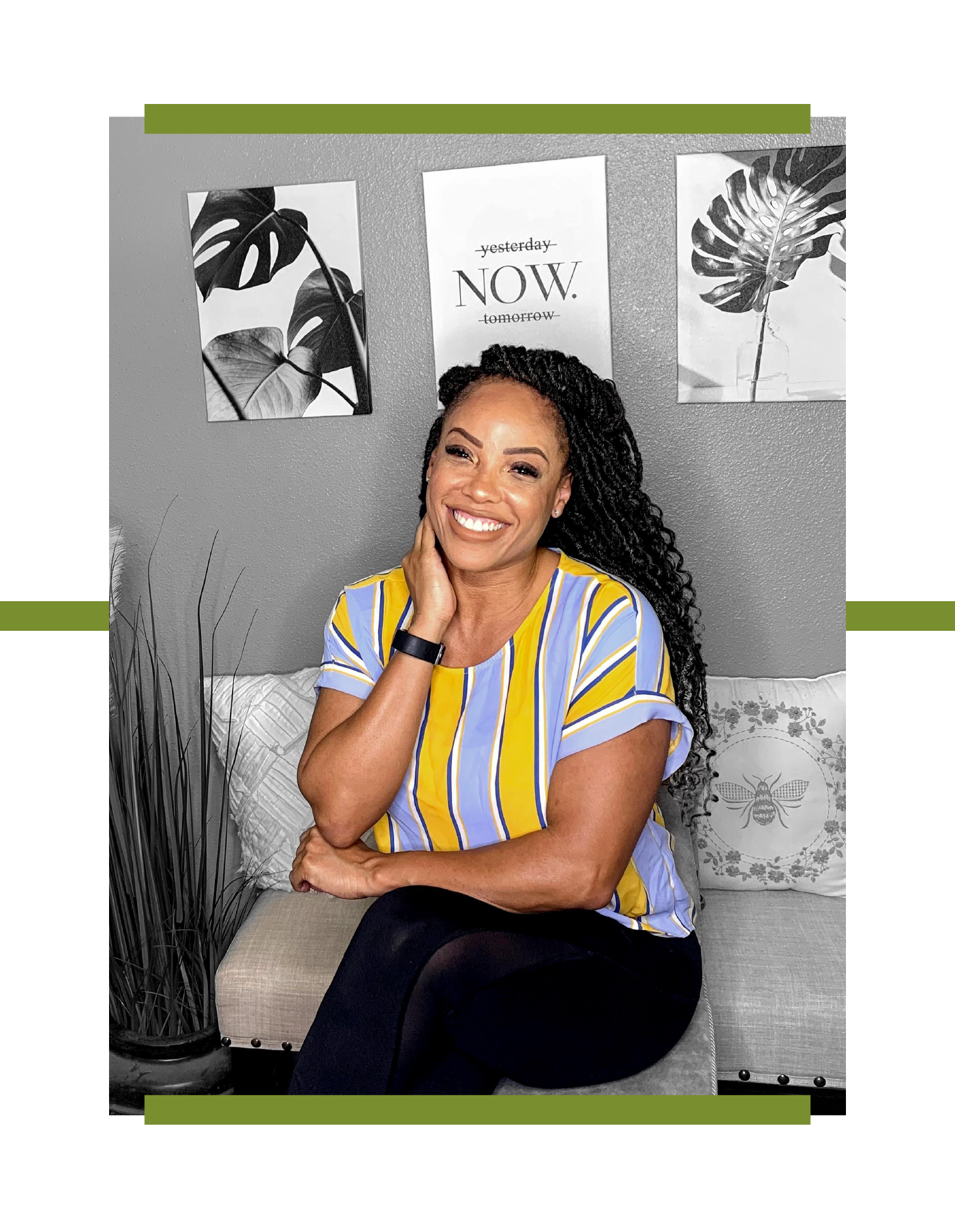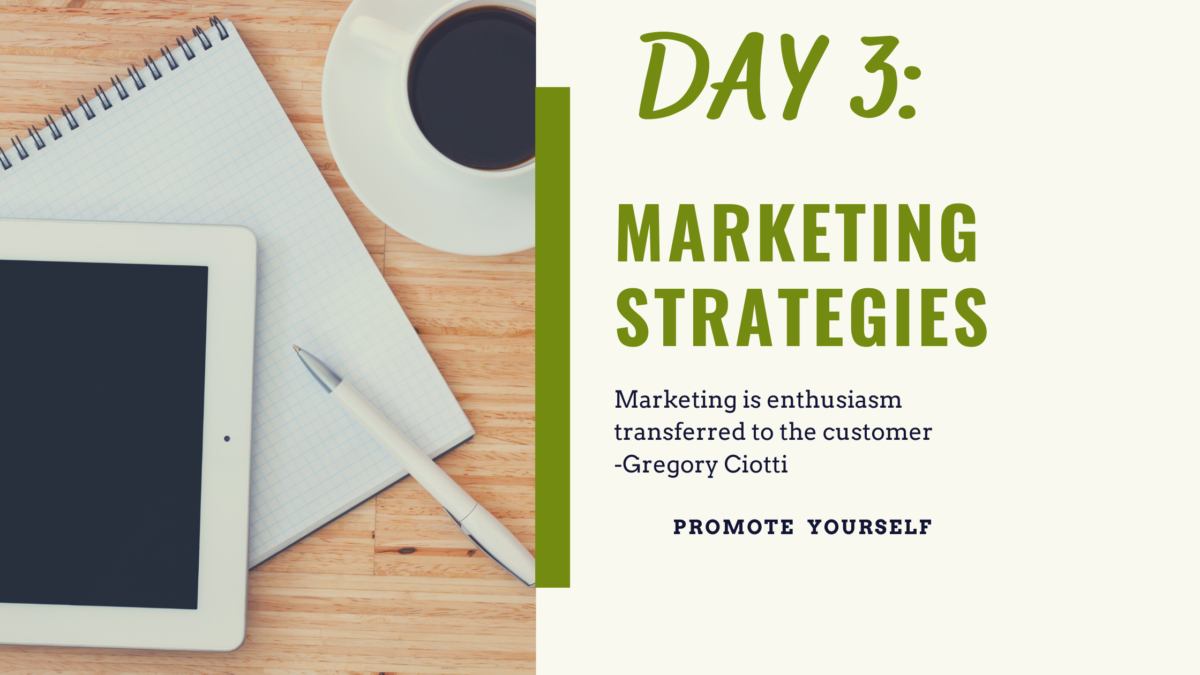Why Saying Sorry Hurts Your Career
Stop apologizing at work. No more “I’m sorry”, no more asking for forgiveness, and straight up, no more being apologetic in the workplace.
There’s a time and a place to apologize – aka, when you’ve actually done something that warrants you saying sorry. Most times, however, people apologize like galore (especially women), for things they really shouldn’t be sorry for. If you’re guilty of over-apologizing in the workplace, keep reading to understand why this can be detrimental, and what you should say instead.
Stop Apologizing at Work: The Detriment
Creating a habit of saying sorry in the workplace can have a negative result on your career. Here’s why:
- It looks like you’re doing something wrong when you’re not. Often, your co-workers or boss will overlook the day to day “mistakes” or mishaps that occur. The moment you say sorry, you’re drawing more attention to a situation that others may have perceived as a non-issue.
- When you say sorry all the time (especially when you’ve done nothing wrong), it makes those around you become immune to your apology, lessening the impact of your words when you actually do make a mistake
- Constantly apologizing makes you come off as being more passive or “weak” in the workplace. It shows an element of self doubt / a lack of confidence; which doesn’t play over well in leadership roles, or if you’re looking to land that job promotion.
Stop Apologizing at Work: Here are Some Alternatives Instead
It’s possible to be a polite person, without being over apologetic. Between being accountable, tweaking your language, and being true to yourself, here are 3 alternatives to saying sorry at work.
Be accountable
- There’s a huge difference between being accountable and apologetic. If there’s a mishap in the workplace, and it’s due to a mistake or an oversight on your end, be accountable. Being accountable, however, does not mean apologizing profusely to the point of no return. Acknowledge what you’ve done, take responsibility, and make it clear that you’re going to fix the situation.
Tweak your language
Changing your language goes a long way at work. You want to be accountable and respectful, without being self-deprecating. A few simple tweaks in language can make the world of a difference. Here are a few ways to be accountable, versus apologetic. Note the differences in language.
- Thanks for the catch! I’ll update that now! vs. I’m so sorry, I can’t believe I didn’t notice that in the report!
- I appreciate you taking the time out of your busy schedule. vs. I’m so sorry to waste your time, I know you’re so busy!
- Good call – looks like an oversight on my end. vs. Oh my goodness, I apologize for my mistake! I completely missed that!
3. Don’t say anything at all
Why are you apologizing? Is it because you’re nervous you’re bothering someone? Do you truly feel like you’ve done something at work that warrants a genuine apology? Truth is, most of the time, nothing needs to be said at all. Perhaps you need to “bother” your busy VP to get feedback on a project in order to move ahead. Your first reaction might be to apologize. But why? Is it because you feel you’re not worthy of taking up their time? Nervous they have other things they need to focus on?
Stop the inner dialogue. Stop the guilt.
Avoid the nervous mindset of how you’re being a “disturbance” to your boss or team. You’re there to do your job, and if getting feedback is what you need to move ahead with your project, don’t apologize for it. In fact, the thought shouldn’t even cross your mind. Most times, it’s better not to say anything at all, and get straight to the point of why you needed their time in the first place.
So, stop apologizing at work and start focusing on the value you add in your job, instead. Whether you’re a new grad making your way into the workplace, or a seasoned vet trying to ditch some bad work habits, say it loud and clear: #sorrynotsorry.

Hi, I am Ruth McCrackin!
Your Career & Success Strategist Coach with well over 11 years of experience working hand in hand with Human Resources and Business Partners in achieving company goals and mission. It is my wish for high achievers to getting their high-end position in attracting their dreams and passion. Avoid the loop holes of missing great opportunities by applying job search strategies, LinkedIn Branding, storytelling, and much more to up level your career and lifestyle. Start Your Transformation Now!










